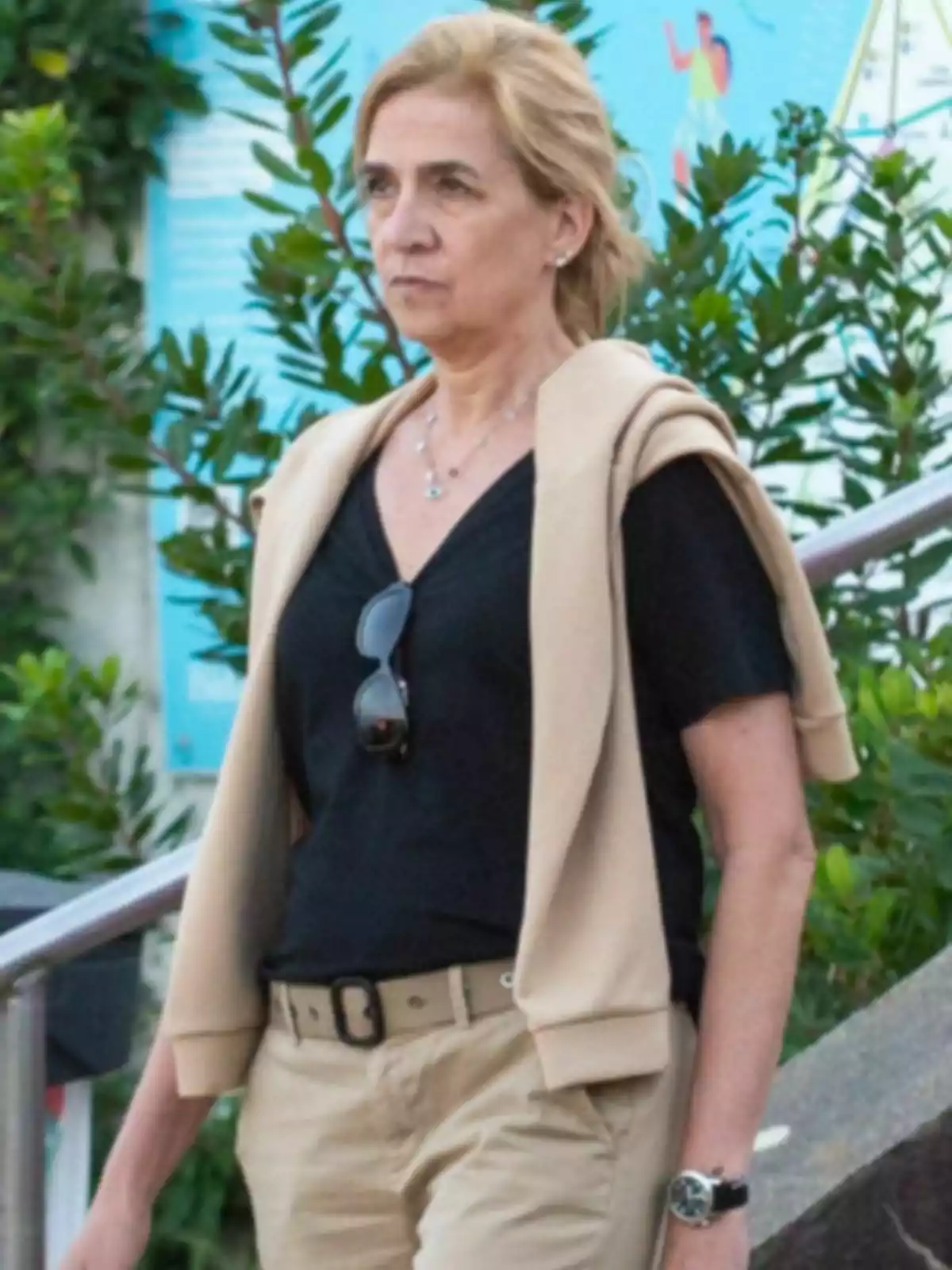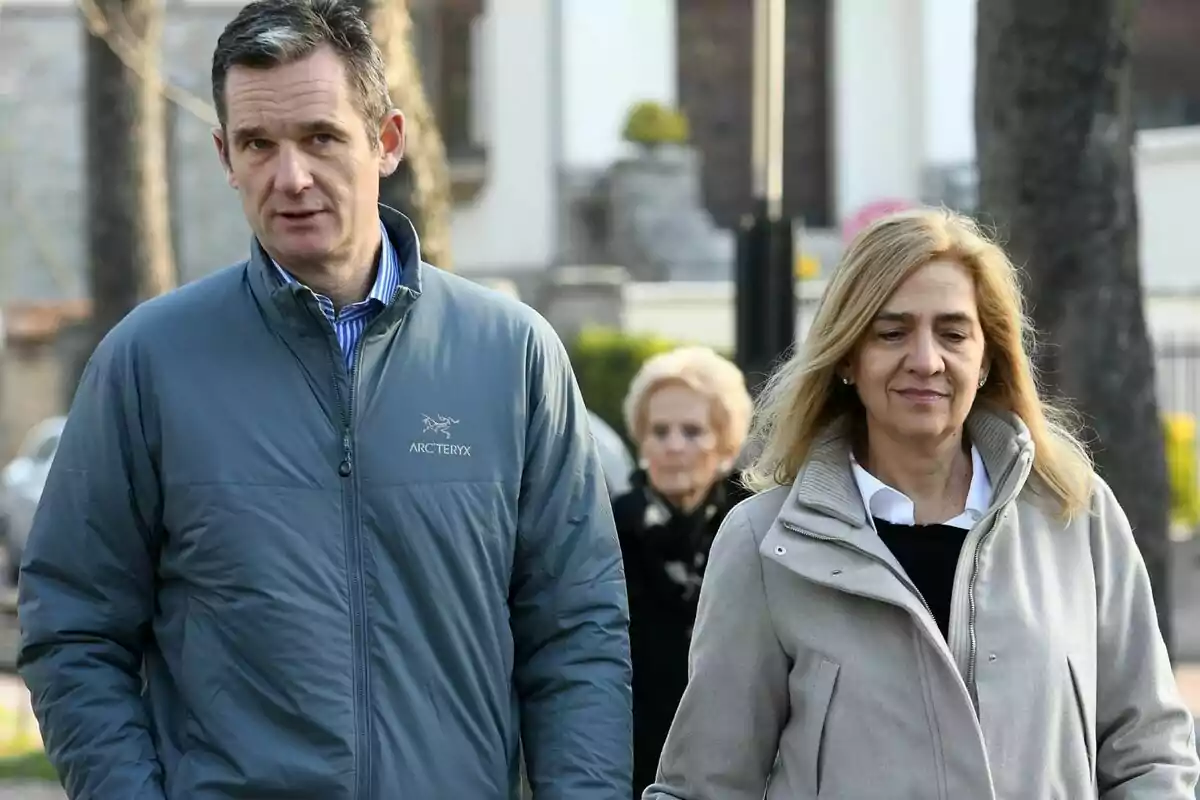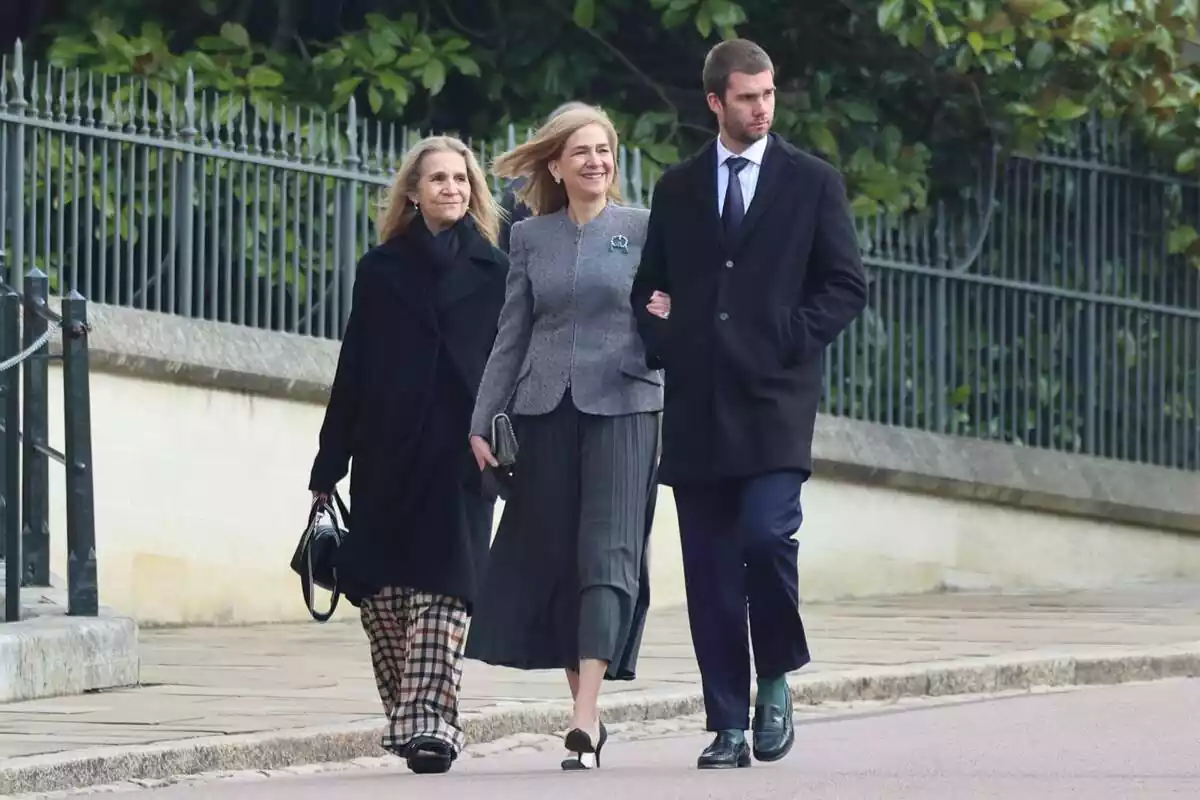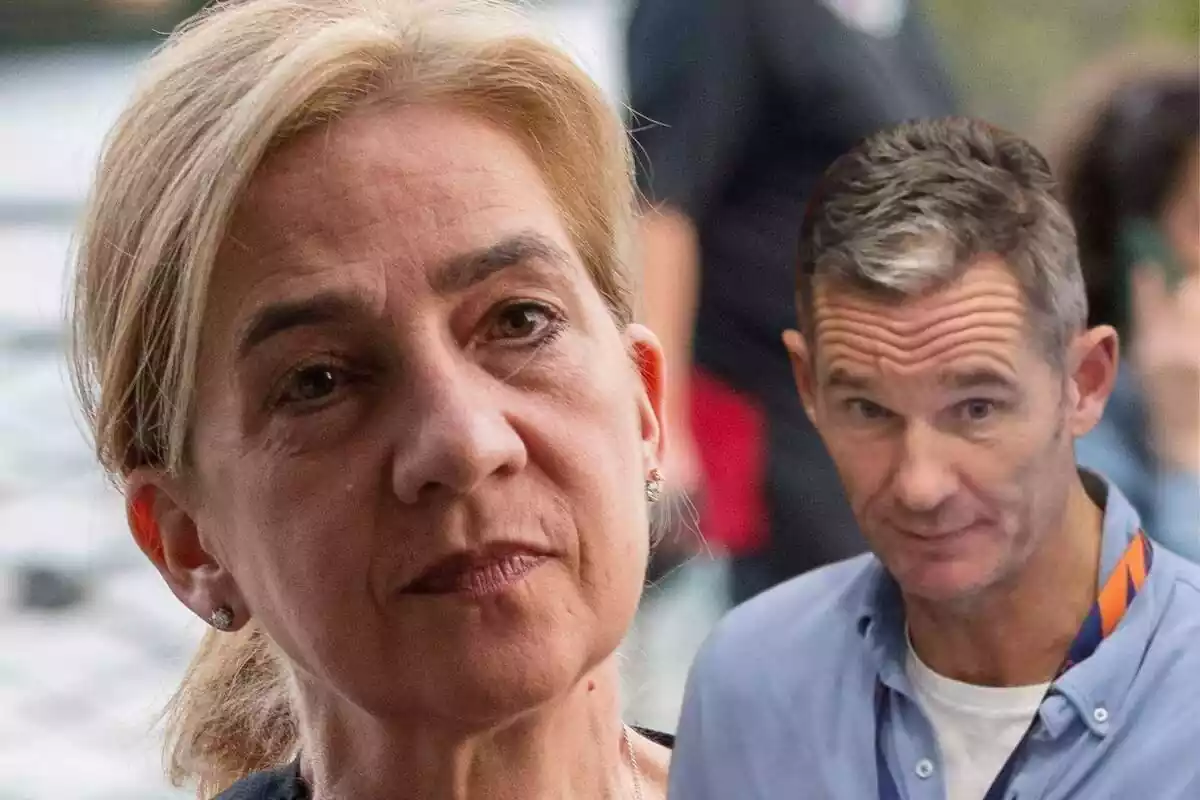Before her life took an unexpected turn, Infanta Cristina shared reflections that today take on a new meaning. In an interview published in 1987, Infanta Cristina revealed a focused, thoughtful personality with surprising maturity.
At that time, she was only twenty years old and was studying political science at university. This interview showed an unknown side of the Infanta: that of a young woman with genuine concerns and a critical view of the world around her. Without grand gestures, she answered personal, social, and political topics with honesty that today resonate with special meaning.

The academic life of an infanta who wanted to go unnoticed
Cristina was in the middle of exam season and didn't hesitate to share her daily routine as a student. She would get up early, go to class, study at home, and spend weekends with friends or sailing. It was a life far from ostentation, marked by academic effort and the desire for a certain normalcy.
Her view of the world wasn't superficial: Cristina showed concern about the injustice and lack of solidarity she perceived in society. Despite everything, she stated that she believed in optimism as a tool to face reality. These weren't empty words, but the stance of a young woman who wanted to contribute from her place.
Before meeting Iñaki, Infanta Cristina said something that surprises today
In one of the most striking phrases of the interview, Cristina stated calmly: "I have specific duties toward my fellow citizens." At that time, her words didn't seem to have much significance, but today, after years of legal controversies, they take on unexpected strength.
When speaking about her future, she didn't mention titles or privileges, but rather the intention to fulfill her public role naturally. She rejected both the idea of being an ordinary citizen and of living her position as an exclusive privilege. "You don't choose where you're born," she said, "you have to live it with simplicity and normalcy."

Infanta Cristina's words take on a special and complex meaning today. This is especially true after the scandal that surrounded her husband, Iñaki Urdangarin, and the couple's subsequent separation. What seemed like a firm commitment to Spain is now marked by controversies that have tested her public and family image.
This contrast between her statements then and the reality she lived invites reflection on the pressure and contradictions that public figures face. The Infanta, who spoke of responsibility and service. What she could never have imagined is that she would have to deal with a personal and media crisis that forever transformed her life and the country's perception of her.

She was also clear when talking about the type of person she admired in a man: someone simple, strong inside, realistic, and cheerful. Nothing indicated that years later she would marry Iñaki Urdangarin and live through one of the most controversial chapters of the monarchy. It's inevitable to read her answers under the shadow of the future that would come.
More than 35 years later, her words survive in the collective memory as testimony to a different stage. A stage in which Infanta Cristina wasn't on the cover for scandals, but for ideas, ideals, and a way of being that time has blurred.

